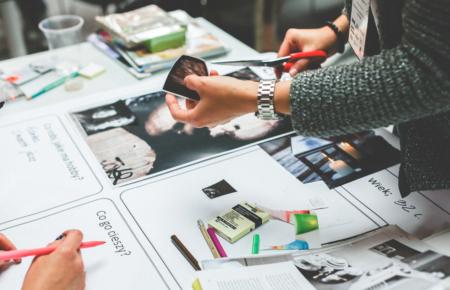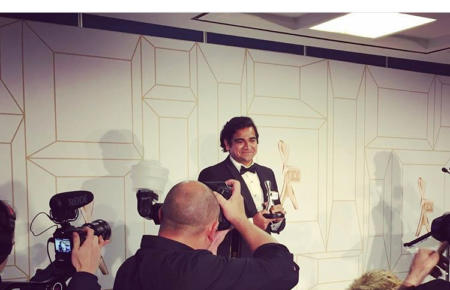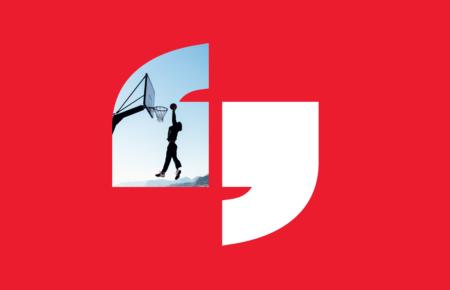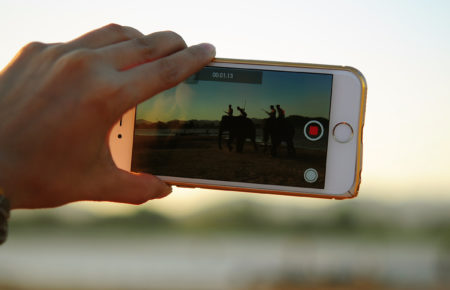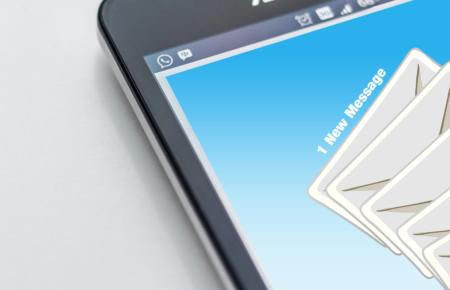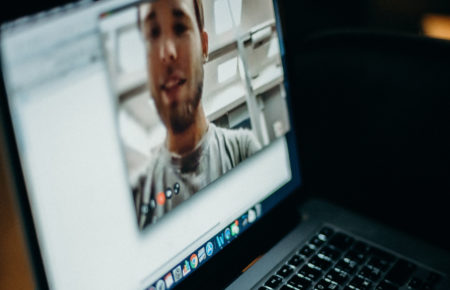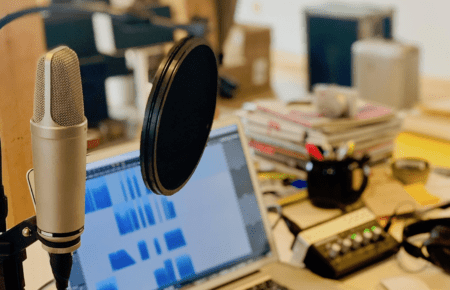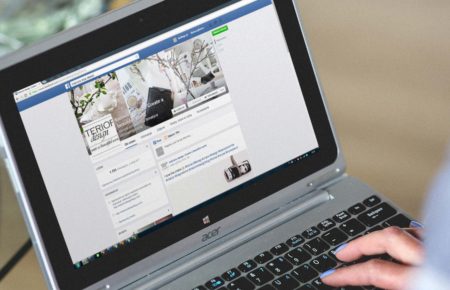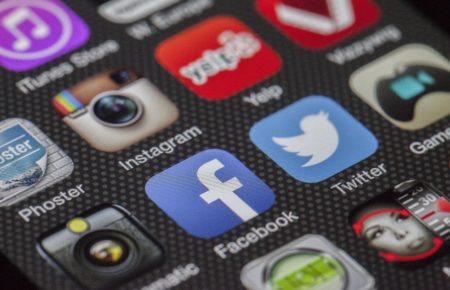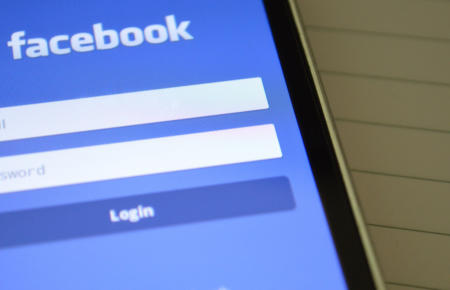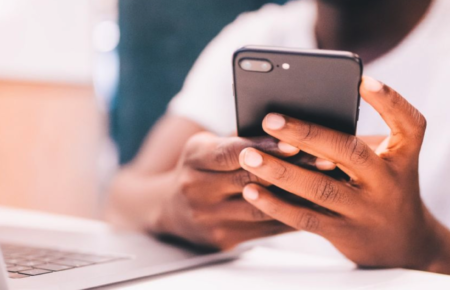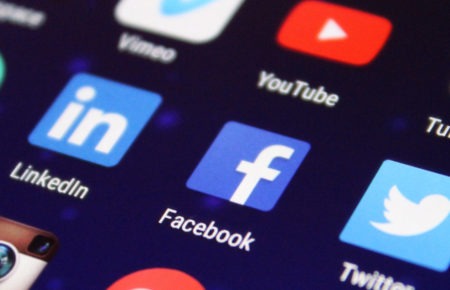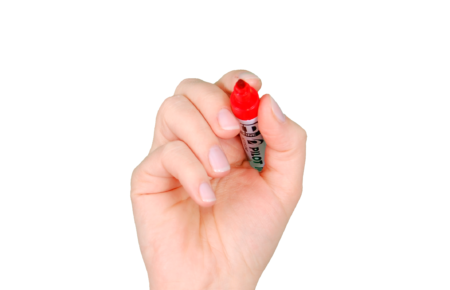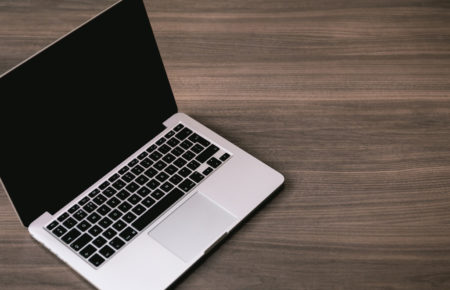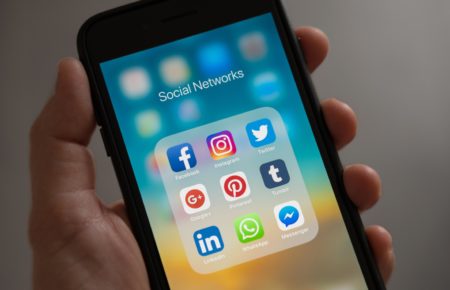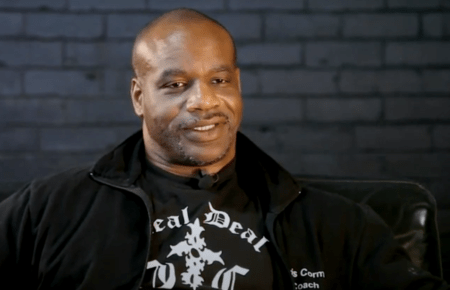Newsflash: you shouldn’t steal stuff
In the traditional media paradigm, content creators — though we used to be called writers, journalists, designers, photographers etc. — knew that plagiarism was a bad thing. It should be self-evident, right? If you didn’t make something yourself, don’t palm it off as your own creation.
The digital media world has blurred some of these lines in the past decade or so. Many digital publications base their reporting on one source, often another website, and essentially rewrite the story line-by-line for their site, embedding the same images or videos. Even reputable mastheads have to use this kind of appropriation to up their clicks in order to fund more meaningful and serious work.
(Related: This is why Buzzfeed has quizzes about which vegetables are trustworthy next to serious reportage about victory over ISIS in Mosul. When anyone tells you Buzzfeed is trash, they just haven’t been keeping up.)
Considering this, it’s perhaps understandable why a person unfamiliar with the history of changes in the media landscape might not bat an eye at taking, say, a complete workout from a fitness website and publishing it as her own work, possibly even charging people to download a PDF version of it.
Plagiarism in the fitness industry
Last year, fitness blogger and personal trainer Sohee Lee described the plagiarism situation in the fitness industry like this:
“There are hundreds, if not thousands, of other people on social media nowadays stealing others’ hard work. They’ll take images or writing that others have produced and act like it’s their own. Oftentimes, this flies under the radar, and they get away with it for a long time.”
As a fitness magazine editor, I would sometimes come across instances of plagiarism from freelancers who must not have realised that we editors have access to Google and can search sentences that suddenly appear much better crafted than the surrounding paragraphs.
To some degree, this is just a bug in the current system of having personal trainers writing articles. Someone not from a journalistic background might not even be aware that plagiarism comes in many forms, including ripping off what might seem like stock-standard instructions on how to do a lat pulldown.
Some of this, however, cannot be put down to ‘didn’t know any better’. Lee goes on to describe one particular person who systematically stole her social media content and claimed it as her own:
“I was scrolling through my Facebook newsfeed when a post of hers popped up…A few lines in, I found myself raising my eyebrows because I quickly realized that actually, those were my exact words.”
This kind of plagiarism is malicious and inexcusable. This is the kind of plagiarism where the perpetrators definitely know better. They are usually seeking to make money off other people’s hard work. Good social media content is hard to produce, after all. And there’s a generation of people for whom stuff on the internet has always been free. They will not think twice about ripping it off and claiming it as their own.
The lesson for all businesses
This is something people using social media for business — any business — need to be doubly aware of when posting. Whether it’s blogs on your website, what you share on Facebook and even the actual text in your Instagram posts, you can’t just steal stuff.
You know that funny meme you saved as a photo and then posted without attribution or permission to your business page? Not your property. That infographic you wanted to use because it perfectly explained a concept? You’d better link to the source or seek permission (or, hey, graphic designers like getting paid too) before running with it.
Now, you’re probably not going to get sued over one silly meme. But it’s a habit you don’t want to get into. The next instance mightn’t be so frivolous and you — or your staff — won’t know how to tell the difference.
And aside from all that, those pieces of content are usually no good.
The solution
You need good, custom content and if you can’t afford a company to do it for you, you need to create that content yourself. Think of your brand and how much damage plagiarism does to it. Even if you’re not caught or called out (though you eventually will be), what does it say about your brand that someone else’s work can represent it?
(As it happens, we at Hook have had our work stolen, which in one sense is a form of flattery. But in another, more accurate sense, it’s common theft and a big energy drainer.)
In the end, it’s more rewarding to create things of value for your clients or customers. It’s also better for your business overall. Your SEO numbers will be much better at the very least.
Plus, you won’t be tempted to post crappy memes.
If you’re interested in good custom content or a social media plan to make it for yourself, get in touch with us.


